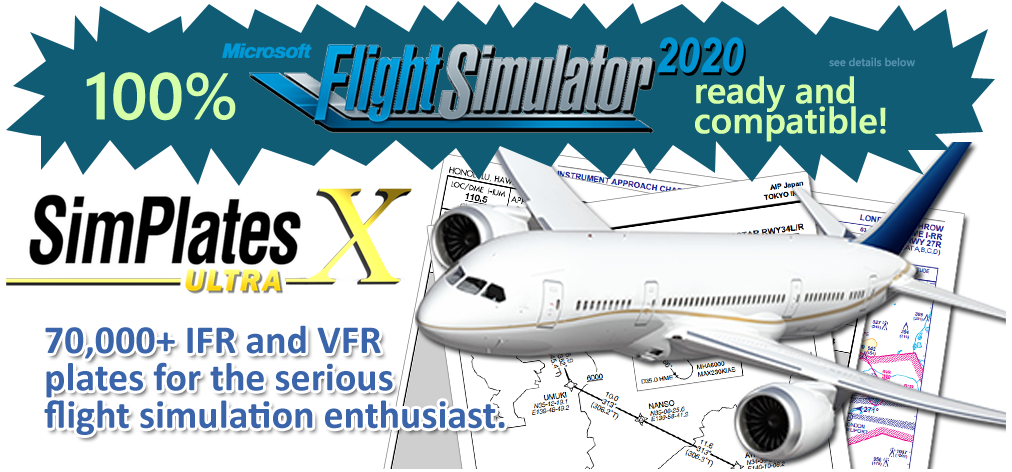Commercial Pilot Aeronautical Experience
Asked by: Frank A Loy 7512 views Commercial Pilot
I am a private pilot/single engine land with an instrument rating. I have 530 hours and recently decided to get my commercial license. In reviewing the flying requirements questions came up for me as to what I still need to do to meet the aeronautical experience.
I have reviewed my past flying and have the following:
(1) While training for my instrument ticket I accumulated 12 hours hood time and 8 hours simulation time. Does this satisfy the commercial requirements of 10 hours view limiting time?
(2) I have 67 hours of cross country time with legs over 50NM? Does this satisfy the cross country time?
(3) I did a night cross country while working on my private license that was over 2 hours and had one leg over 100NM. Does this meet the commercial requirement even though this was done while working towards my private?
I am trying to determine what flight experience I already have that will not have to be repeated while working on my commercial.
Thanks for your help!








The following terms have been auto-detected the question above and any answers or discussion provided. Click on a term to see its definition from the Dauntless Aviation JargonBuster Glossary.